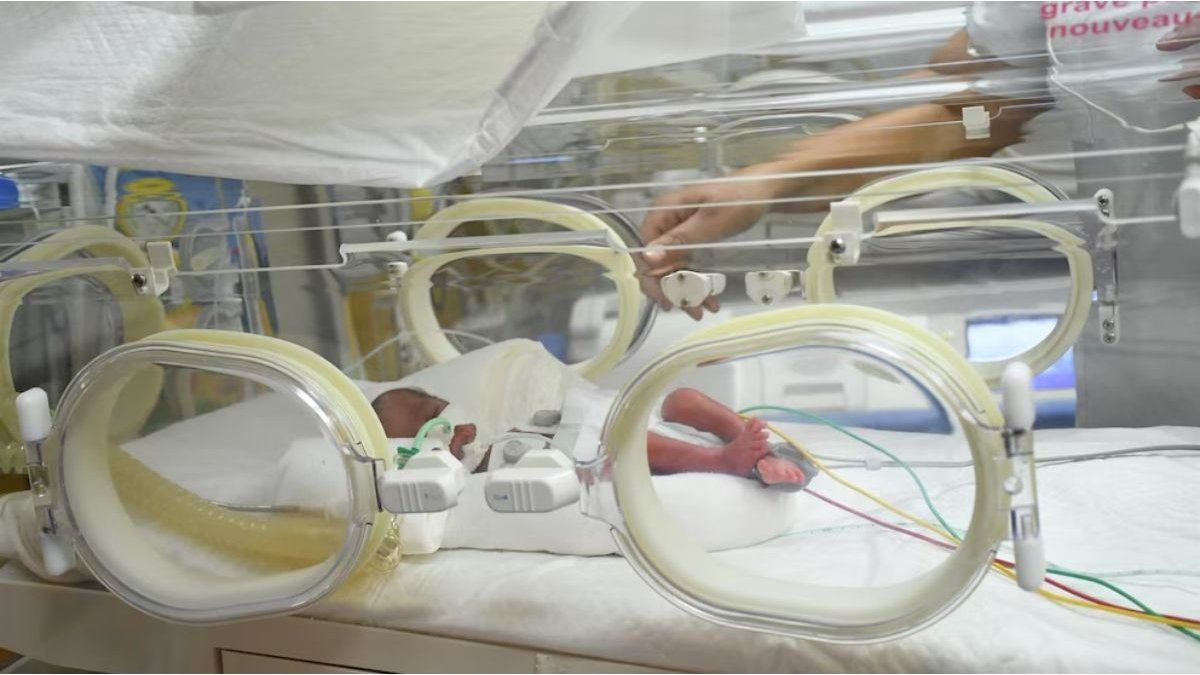First of all, just a scan: The collective bargaining for the metal and electrical industry did not bring any greater convergence at the start. Meanwhile, the cost burden for employees and companies continues to increase.
The first regional collective bargaining talks for the metal and electrical industry with almost four million employees nationwide have not yet produced any tangible results. After the start in the Lower Saxony/Saxony-Anhalt district, the trade union and employer postponed their negotiations until October 11th. Representatives of IG Metall and the Niedersachsen-Metall association started the collective bargaining round on Monday in Hanover, but have so far been unable to agree on specific points in a good one-and-a-half hour exchange.
The district manager of the union, Thorsten Gröger, asked his counterpart Torsten Muscharski to submit an offer for the next meeting: “We expect a purposeful appearance that takes the current situation into account.” Otherwise, the collective bargaining conflict could escalate further. Because, according to Gröger, there are efforts on the part of employers towards a real zero or even minus round, he spoke of a “catastrophic false start”.
The employers made it clear that from their point of view there is little scope for wage increases. “Full order books do not automatically mean good capacity utilization or profits,” explained Musharsky. Niedersachsen Metall boss Volker Schmidt demanded that IG Metall engage in a factual debate about what is affordable.
The union rejects one-off payments
The union wants eight percent more money and anchors this increase in a collective agreement that will run for twelve months if possible. She refuses one-off payments. In view of the rapid inflation in energy and food, these would probably be “quickly used up”, believes Gröger. “But the prices remain high.” Rather, what is needed is a longer-term increase in wages in order to stabilize purchasing power and relieve consumers, argued the trade unionist.
Inflation is also increasingly affecting middle-income earners, while consumption is the mainstay of the economy. “It is important to us that we have sustainable pay increases,” said Gröger. “Eight percent – that’s doable and fits in with the times.”
Schmidt sees it completely differently. The wage demand was “out of time,” he countered. He could understand that compensation for inflation was required. “But that would mean the end for many companies at this level. We’re talking about rescue packages and waves of bankruptcies. Now pragmatism is what’s needed above all.”
Further state support required
It is also not true that numerous companies could simply pass on the enormously increased procurement costs for electricity, gas and raw materials to customers. “That goes straight into the margins and investment opportunities,” said Schmidt. IG Metall pointed out that companies usually have very different options than employees to react to the energy crisis and inflation. Producer prices in industry are sometimes well above the general rate of inflation.
Both sides largely agree that wage agreements alone cannot defuse the precarious situation. The state must also provide further support after the third relief package. “We absolutely need a binding energy price cap for normal consumption,” said Gröger. This could then also apply to companies and relieve them.
Many union members gathered at the venue and underlined their expectations with flags, banners and whistles. Schmidt warned of a “meltdown” in the metal and electrical industry: “I’m more concerned about the future of our industry than ever before. We really do have a shared responsibility now.” The most important goal must be to preserve jobs.
Further negotiations are likely to be complicated and possibly lengthy. Here and there thoughts can be heard in the industry, similar to what is happening in the chemical industry in the spring, perhaps initially aiming for a partial deal. This would give you time to put together a complete tariff package in or after the winter.
The collective wage agreements expire in the districts on September 30th. Warning strikes would be possible from October 28th. In Lower Saxony and Saxony-Anhalt itself, there are around 120,000 employees. As a rule, a pilot district is agreed upon in the course of the negotiations, which the other regions then take on to complete.
Source: Stern
Jane Stock is a technology author, who has written for 24 Hours World. She writes about the latest in technology news and trends, and is always on the lookout for new and innovative ways to improve his audience’s experience.




